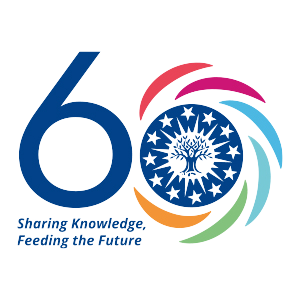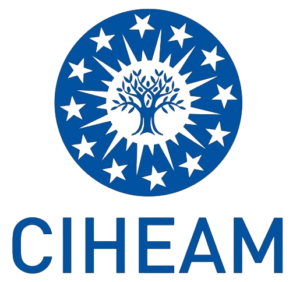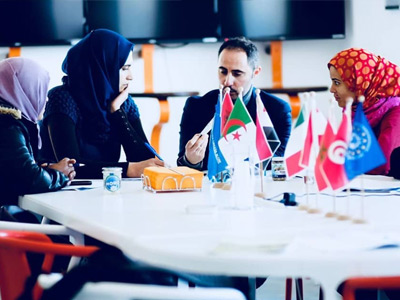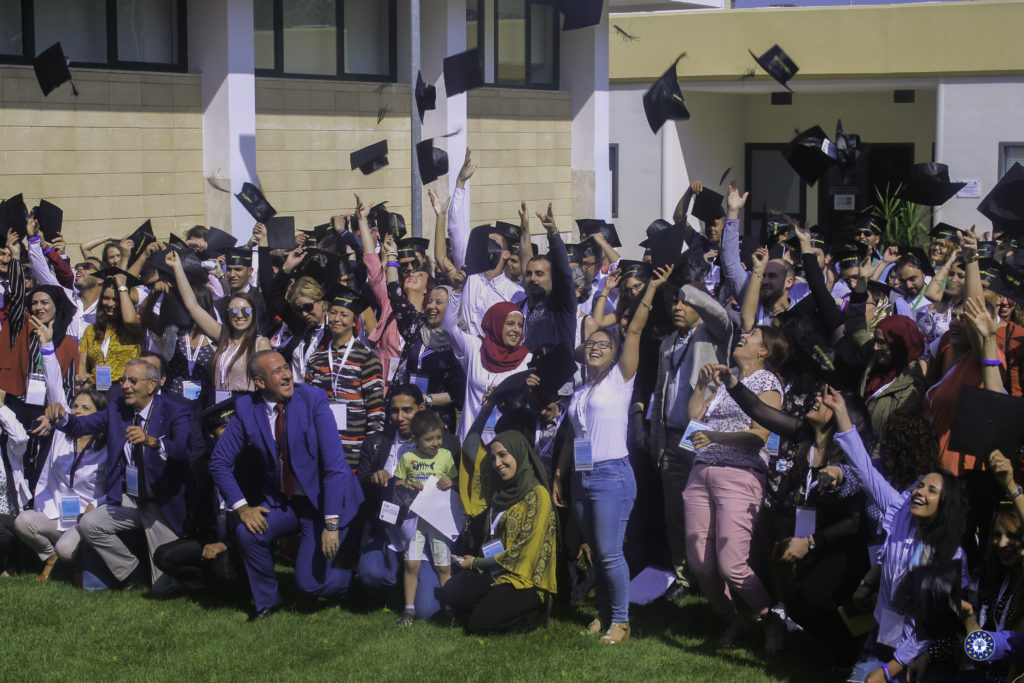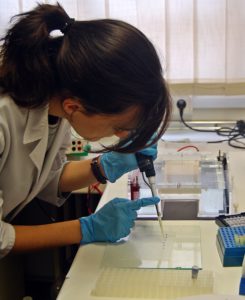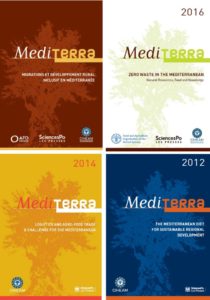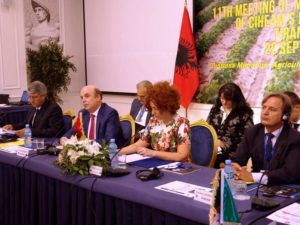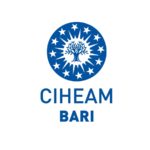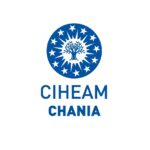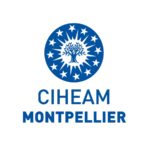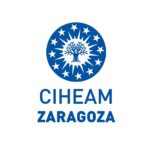
#COVID19: The importance of investing in Human Capital
Producing more and better with fewer resources is the difficult food equation to be solved in the Mediterranean. In order to meet this major challenge, the CIHEAM provides training to students, young researchers and professional through various devices (Masters, training courses tailored to the needs of development, Summer Schools but also coaching and training on leadership, decision-making and the spirit of initiative). The CIHEAM trains those who, tomorrow, will provide solutions to develop more efficient, more resilient, more attractive agriculture and above all, an agriculture that is more in line with the demands of Mediterranean societies.
The CIHEAM is an agent of cooperation, research and agricultural and food dialogue at the service of the Mediterranean. It supports initiatives able to contribute and formulate solutions to food and environmental crises, through the Doctoral Platform for young PhD students that it animates or the organisation of Fora for Young Mediterranean Doctoral Students during which participants share their research outcomes, experiences and good practices.
The CIHEAM supports field research through the allocation of grants and strives to bring research as close as possible to the needs of rural and coastal areas and vice-versa. It also maintains relations with several local authorities of the two Mediterranean Shores.
"KNOWLEDGE MOBILITY"
The COVID-19 pandemic makes it abundantly clear that access to knowledge and information for sustainable development and actions to be implemented to address the food, socio-economic and environmental challenges in the Mediterranean is one of the fundamental elements of resilience. Through its networks and open platforms, the CIHEAM provides free access to its scientific productions and publications, thus contributing to the mobility of knowledge. Moreover, since its foundation by the OECD and the Council of Europe, more than 40,000 people mainly coming from the Mediterranean, have been trained in its Institutes. For almost sixty years, within the CIHEAM, the mobility of knowledge and know-how is first of all achieved through the mobility of students and researchers.
"SUSTAINABLE EMPLOYMENT IN AGRO-FOOD VALUE CHAINS AND RURAL AREAS"
This pandemic will have more intense socio-economic repercussions resulting in aggravated inequalities in countries of the southern and eastern Mediterranean shores that are already marked by unemployment, especially among the younger generations. During this period, it is, therefore, all the more important that rural and agricultural areas benefit from the necessary investments to maintain and successively upgrade their economic ecosystems.
The CIHEAM contributes to this objective through its capacity-building projects for local communities and training courses for young people focusing on the setting up of companies and revolving around entrepreneurship. Through the training it provides and its support devices in the field of future professions, the green economy and agriculture, the blue economy and fishing, it mobilises new technologies, technical and social innovations to contribute to the reduction of inequalities of development that lead to rural migration and, ultimately, fuel migration crises.
Learn more about the PHd and young researchers forums MEDFORUM 2016: Food Security and Rural Development; MEDFORUM 2018: SDGs and CAPMED; MEDFORUM 2021: Arid Land and Agro-Food Systems. Learn more about the FIELD RESEARCH INITIATIVE.

